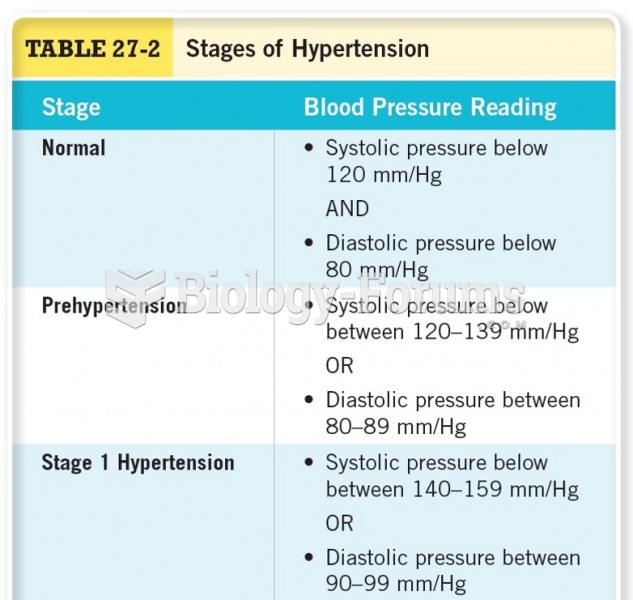|
|
|
Methicillin-resistant Staphylococcus aureus or MRSA was discovered in 1961 in the United Kingdom. It if often referred to as a superbug. MRSA infections cause more deaths in the United States every year than AIDS.
Though methadone is often used to treat dependency on other opioids, the drug itself can be abused. Crushing or snorting methadone can achieve the opiate "rush" desired by addicts. Improper use such as these can lead to a dangerous dependency on methadone. This drug now accounts for nearly one-third of opioid-related deaths.
According to the FDA, adverse drug events harmed or killed approximately 1,200,000 people in the United States in the year 2015.
People with high total cholesterol have about two times the risk for heart disease as people with ideal levels.
Between 1999 and 2012, American adults with high total cholesterol decreased from 18.3% to 12.9%








